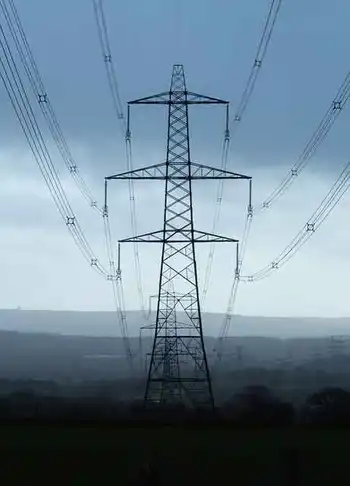Electricity cost may rise 20% in Ontario
- The cost of electricity for Ontario households could jump 20 per cent from the frozen rate of the past two years when the prices are allowed to rise, according to a Ministry of Energy briefing note given to the Liberals when they took office last fall.
The price jump is measured against the frozen rate that was in force under the former Conservative government. The Liberals pushed the price somewhat higher as of April 1, but the effect won't show up in bills for another month or two.
The former Conservative government froze the energy portion of the electricity bill at 4.3 cents a kilowatt hour, effective May, 2002. That's the starting price used in the briefing notes.
Additional charges flowing to local utilities, Hydro One, a special debt retirement account and other areas pushed the total bill to about 9.46 cents a kilowatt hour. These amounts had also been frozen.
In the briefing notes, obtained through a freedom of information request, civil servants compared the frozen rates with then-current market prices. At the time, the market price for the energy portion of the bill was 5.8 cents a kilowatt hour, up from 4.3 cents.
The civil servants then assumed that local utilities would also jack up their rates when the price freeze ended.
They estimated the total price of power would jump to 11.46 cents a kilowatt hour when the rates were unfrozen in 2006, as the Conservatives had planned.
That's a jump of about 20 per cent from the frozen rates.
A typical household using 1,000 kilowatt hours of electricity a month would see the monthly bill jump $20, to $114.60 from $94.60.
In fact, the Liberals have already taken some steps to raise rates.
For the energy portion of the bill, starting April 1, households and small businesses are paying 4.7 cents a kilowatt hour for the first 750 kilowatt hours of electricity used each month, and 5.5 cents for any power consumed beyond that amount. Since the rates have been in effect for only two weeks, consumers haven't yet received bills based on the new rates.
The Liberals have asked the Ontario Energy Board to devise a permanent pricing system to take effect in May, next year. (The Conservatives had promised to unfreeze prices in 2006, the date assumed in the briefing notes.)
The energy board is still working on its pricing system.
The government has said the new price should be regulated and stable, but should also reflect the true cost of power.
Elsewhere, the briefing notes show that Ontario lost $151 million in the year ended March 31, 2003, on long-term power contracts signed with private generators.
Ontario Hydro contracted to buy power from the private generators, who supply about 8 per cent of Ontario's power, in the early 1990s. The contracts, in force for 20 years or more, are at prices "generally well above market rates," the notes say.
The cost of the power was $786 million in the latest year, the notes show, but it could be sold for only $635 million, leaving a $151 million loss.
Related News

Canada will need more electricity to hit net-zero: IEA report
TORONTO - Canada will need more electricity capacity if it wants to hit its climate targets, according to a new report from the International Energy Agency (IEA).
The report offers mainly a rosy picture of Canada's overall federal energy policy. But, the IEA draws attention to Canada's increasing future electricity demands, and ultimately, calls on Canada to leverage its non-emitting energy potential to hit its climate targets.
"Canada's wealth of clean electricity and its innovative spirit can help drive a secure and affordable transformation of its energy system and help realize its ambitious goals," stated Fatih Birol, the IEA executive director, in…




